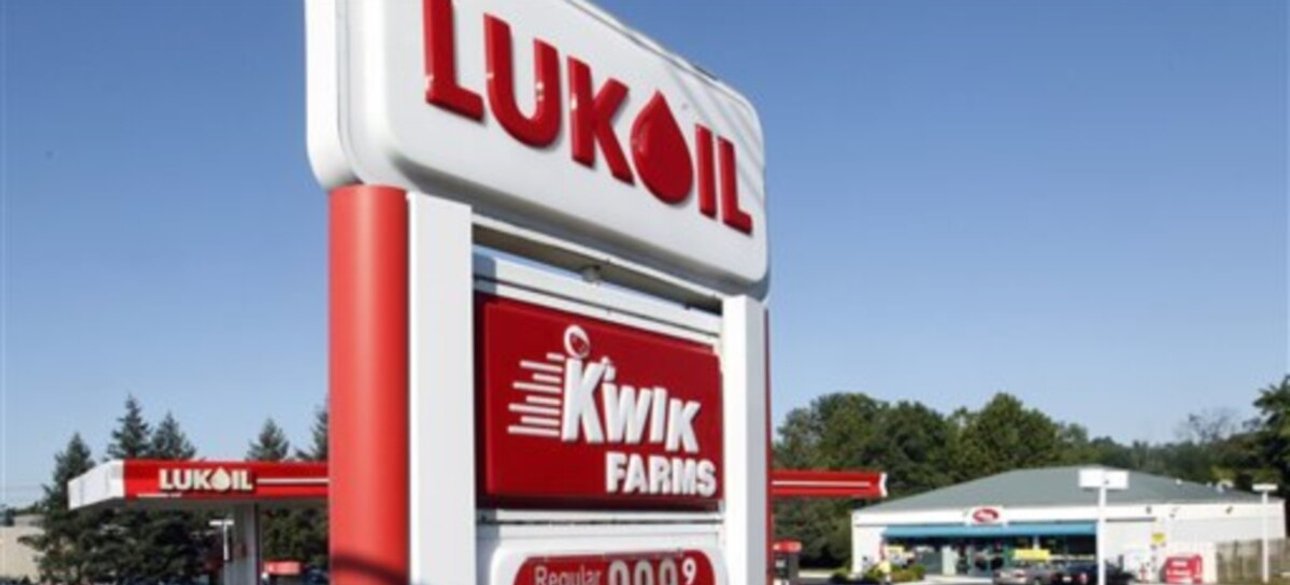
What does this mean in monetary terms? The decision of the US administration in October 2025 to introduce new sanctions against Russian energy companies, including Lukoil and Rosneft, was the final straw for the presence of Russian capital in the European energy market. The sanctions prohibit any investment, financial operations and maintenance of assets outside of Russia, forcing the company to begin a large-scale sale of its international portfolio.
In Southeast Europe, Lukoil owned three key facilities: In monetary terms, this is approximately $6-7 billion in annual revenues, which Russia will lose by the end of 2025. Politically, the story of nationalization is not easy, because there are large pro-Russian forces in these 3 countries. In addition, governments are afraid of rising prices or even shortages of fuel in the event of shutdowns of factories and gas stations. In Bulgaria, the issue turned into an open political confrontation.
Parliament overwhelmingly passed a law allowing the government to appoint a "special administrator" for the Neftohim Burgas plant if the owner falls under sanctions. The opposition party Yes, Bulgaria called the move a "mafia redistribution of property", but the government, led by Prime Minister Dimitr Glabanov, insists it is about the country's energy security.
Vice-President Iliana Yotova warned that the shutdown of the plant "will put the country in an extremely difficult situation", because Bulgaria has only 35 days of gasoline and 50 days of diesel. In Romania, the situation is more manageable. Minister of Energy Bohdan Ivan said that the state should "take control of the local company Lukoil" in order to comply with the sanctions regime.
Pro-Russian forces in parliament, which lobbied for "softening" conditions, remained in the minority after consultations with President Klaus Iohannis. Moldova, where the fuel market has a high social sensitivity, was also faced with a choice: the government of Dorin Rechan offered to buy the fuel terminal near Chisinau airport to avoid supply interruptions.
The opposition party Șor (linked to the fugitive oligarch Shor, who is hiding in Moscow) uses the theme of energy dependence as an argument against the European course of the government, but the support of Brussels makes their attempts futile. The EU as a whole supports the process.
After all, back in October, the European Commission adopted the 19th package of sanctions against Russia, which for the first time clearly concerns energy subsidiaries, in particular Litasco Middle East DMCC, a key exporter of Lukoil. In addition, the decision on nationalization is in the fairway of the REPowerEU strategy, the goal of which is to COMPLETE rejection of Russian energy carriers by 2027.
Brussels has also suggested that member states use mechanisms for temporary state management of energy assets if a private owner is under sanctions or cannot fulfill contracts. But the economic risks are real, even if they are inflated by pro-Russian politicians to apocalyptic proportions. Experts of the Center for the Study of Democracy (Sofia, Bulgaria) warn: the closure of the plant in Burgas may lead to a shortage of fuel and an inflationary surge of up to +6% in Bulgaria.
In Romania, the situation is more stable — Petrotel can be repurposed to process non-Russian oil, which the country imports through the port of Constanta. Moldova negotiates with Romania on emergency fuel supply in case of Lukoil shutdown. To prevent a crisis, the governments of countries create reserves. Bulgaria's state energy agency reported that the country has already stockpiled 200,000 tons of diesel and 120,000 tons of gasoline, while Romania has more than 400,000 tons of reserve fuel.
And what's next? Almost all scenarios converge to one thing: temporary state administration followed by privatization. In Bulgaria, this may mean the creation of a state-owned operating company similar to Bulgartransgaz, which will control Neftohim Burgas until a new investor appears. In Romania, the government is considering the option of partial privatization with the involvement of European funds or companies from Saudi Arabia. No details and names yet.
A previous attempt to sell Lukoil's international assets to Swiss trading company Gunvor failed after the intervention of the US Treasury Department, which called the deal "at risk of sanctions. " According to Bloomberg estimates, Lukoil may lose up to $3. 5 billion in liquid assets this year due to the suspension of this deal. In monetary terms, Lukoil loses at least $5-7 billion in turnover per year in Southeast Europe, and more broadly, more than $15 billion in potential assets in the region.
But this loss also has a political price: the departure of Russian business means a gradual strengthening of the energy independence of the Balkan countries and the consolidation of the European market around the common REPowerEU policy. Bulgaria, Romania, and Moldova are turning into a training ground for a new model of European energy security — with less influence from Moscow, more state involvement, and a strategic return under the single regulatory roof of Brussels.










All rights reserved IN-Ukraine.info - 2022